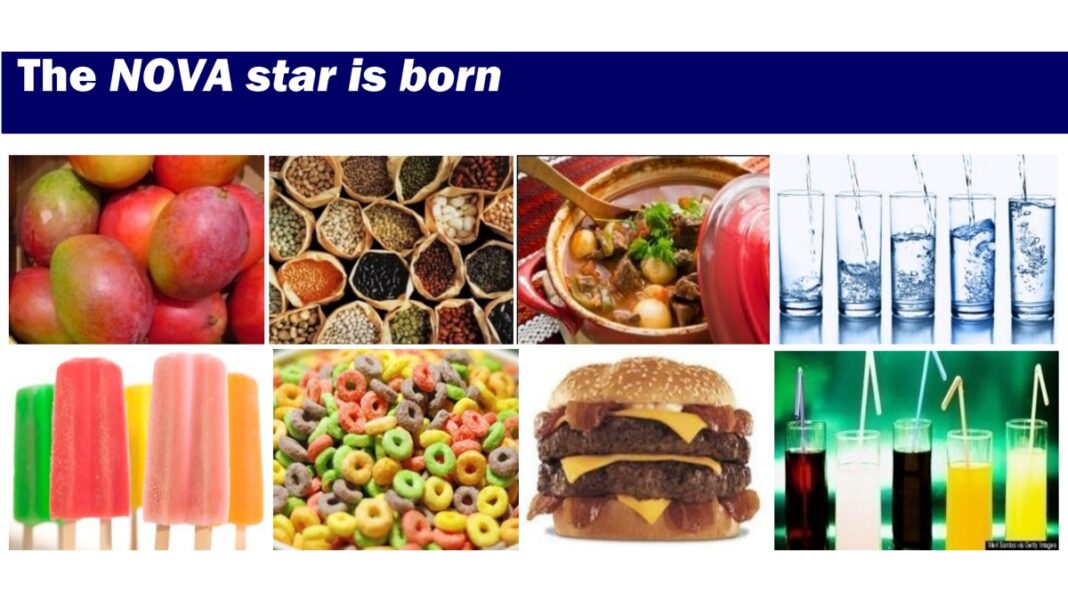Ultra-processed foods dominate shelves, contributing to health issues but lacking clear definitions.
Walk into any grocery store, and chances are, most of what you see is ultra-processed—foods engineered for convenience but often lacking real nutrition. These products make up nearly three-quarters of what’s on the shelves and have been linked to rising rates of obesity, heart disease, and diabetes.
But what exactly makes a food “ultra-processed”? The answer is murky, leaving shoppers confused and policymakers silent on the sidelines.
In a sign of the times, AI may help provide some answers.
The Challenge of Defining Ultra-Processed Foods
Despite the growing evidence linking ultra-processed foods to chronic diseases, even experts struggle to agree on a clear definition.
For a food to be ultra-processed, it must have been chemically altered, said Albert-László Barabási, co-author of a new study on processed foods and co-founder of Foodome—a project mapping the chemical components of the human diet. Certain orange juices labeled “natural,” for instance, are broken down into three separate components, stored individually, and later recombined, thus making them ultra-processed, he said in a press release.
Barabási said that food packaging doesn’t reveal whether a product is ultra-processed. The USDA tracks only a limited number of nutritional components, and the FDA mandates reporting for just about 12 nutrients, leaving much of what’s in our food hidden from view.
This lack of transparency underscores the importance of clear categorization. To help consumers understand food processing, researchers developed the NOVA classification system. Widely regarded as the gold standard for assessing food processing, this method sorts foods into four categories based on how much they’ve been altered from their natural state. Here’s how it breaks down:
- Unprocessed or Minimally Processed Foods – Whole foods that are fresh, dried, ground, pasteurized, or frozen with no added ingredients, such as fruits, vegetables, meat, eggs, and milk.
- Processed Culinary Ingredients – Substances derived from whole foods used in cooking, such as salt, sugar, oils, and butter.
- Processed Foods – Foods made by combining whole foods with culinary ingredients, such as canned vegetables, fresh bread, cheese, and smoked meats. These typically have added salt, sugar, or fat but still retain most of their original food structure.
- Ultra-Processed Foods – Industrial formulations with little to no whole food, containing additives such as emulsifiers, stabilizers, artificial flavors, and preservatives. Examples include sugary cereals, packaged snacks, frozen meals, soda, and instant noodles.
By Sheramy Tsai









